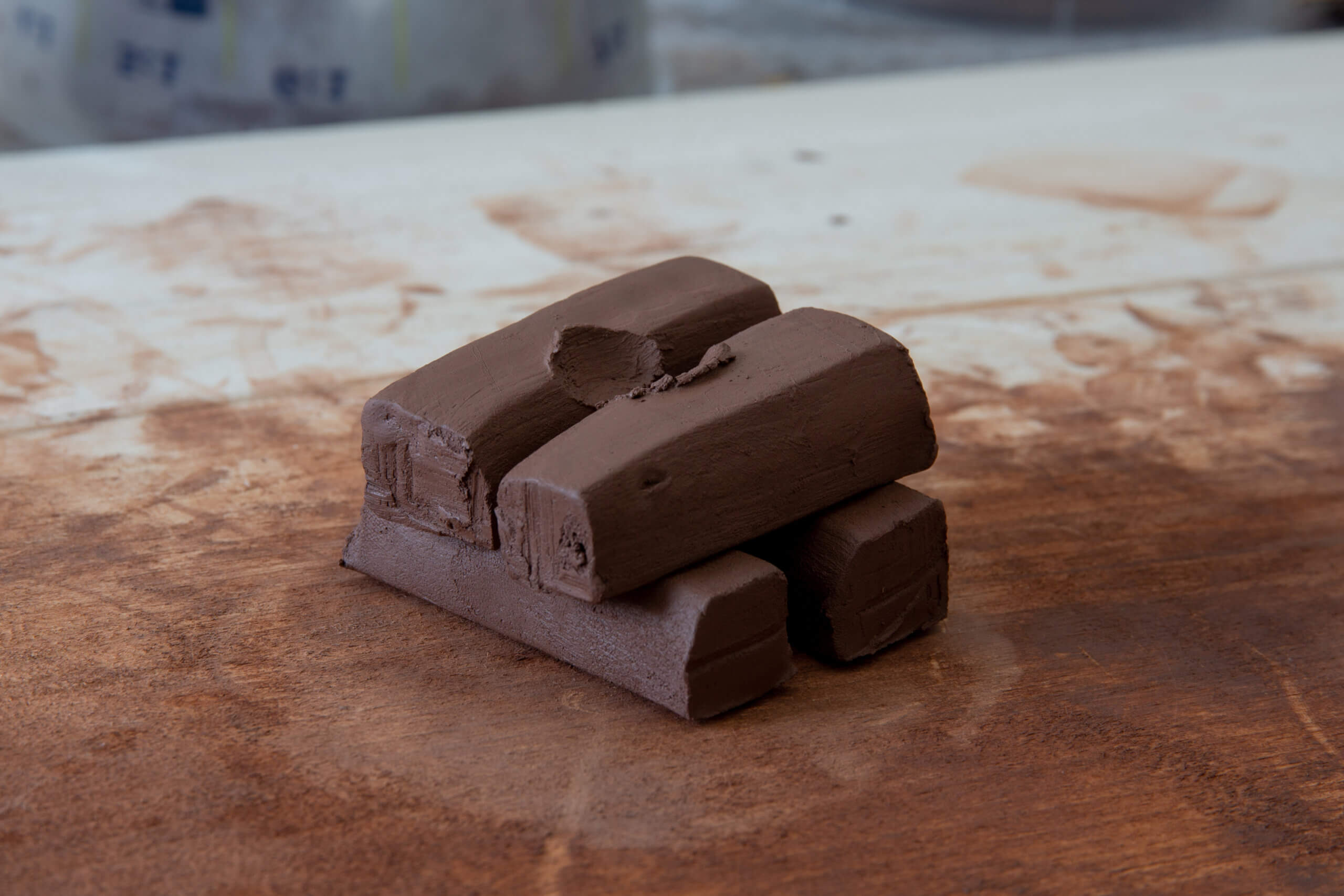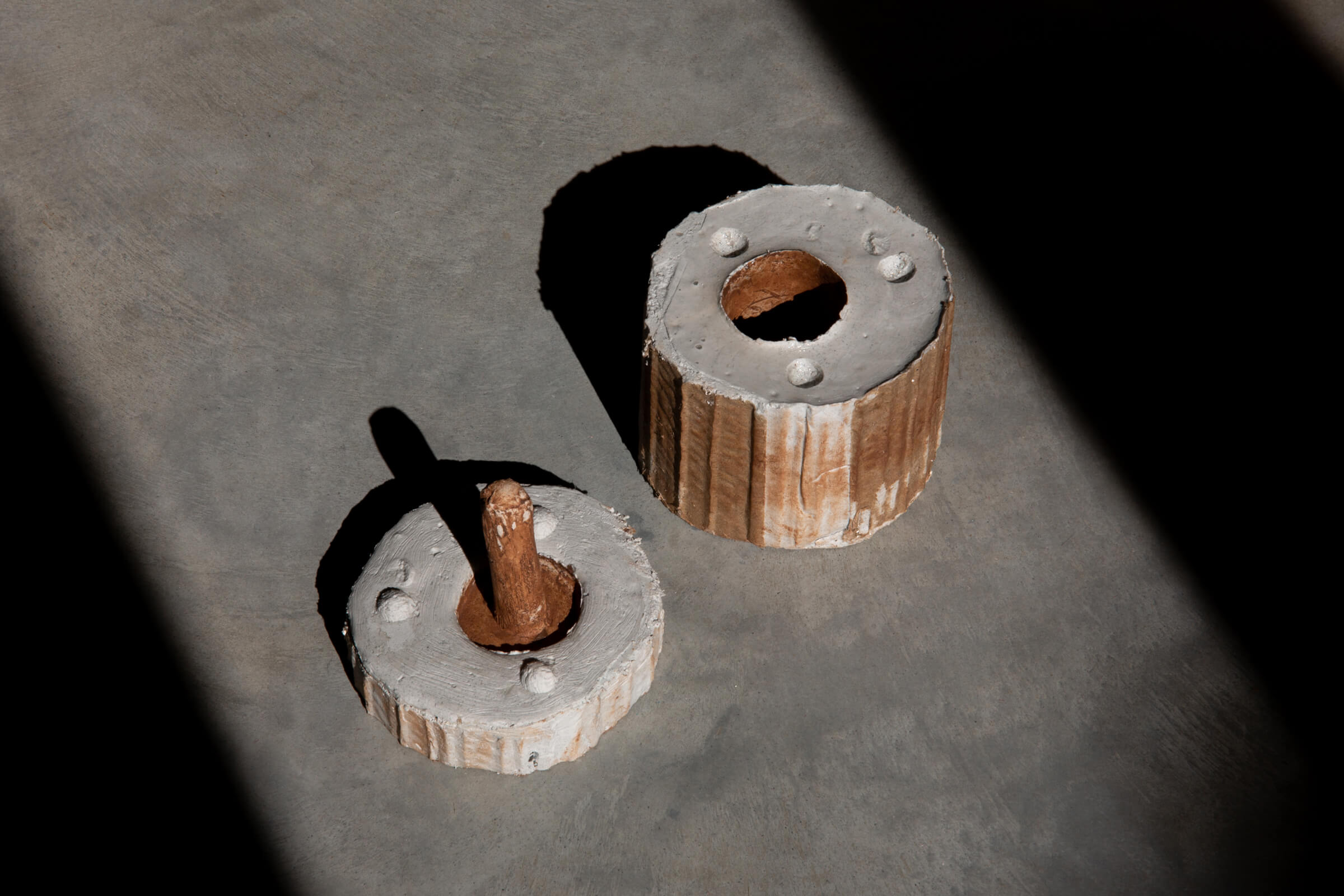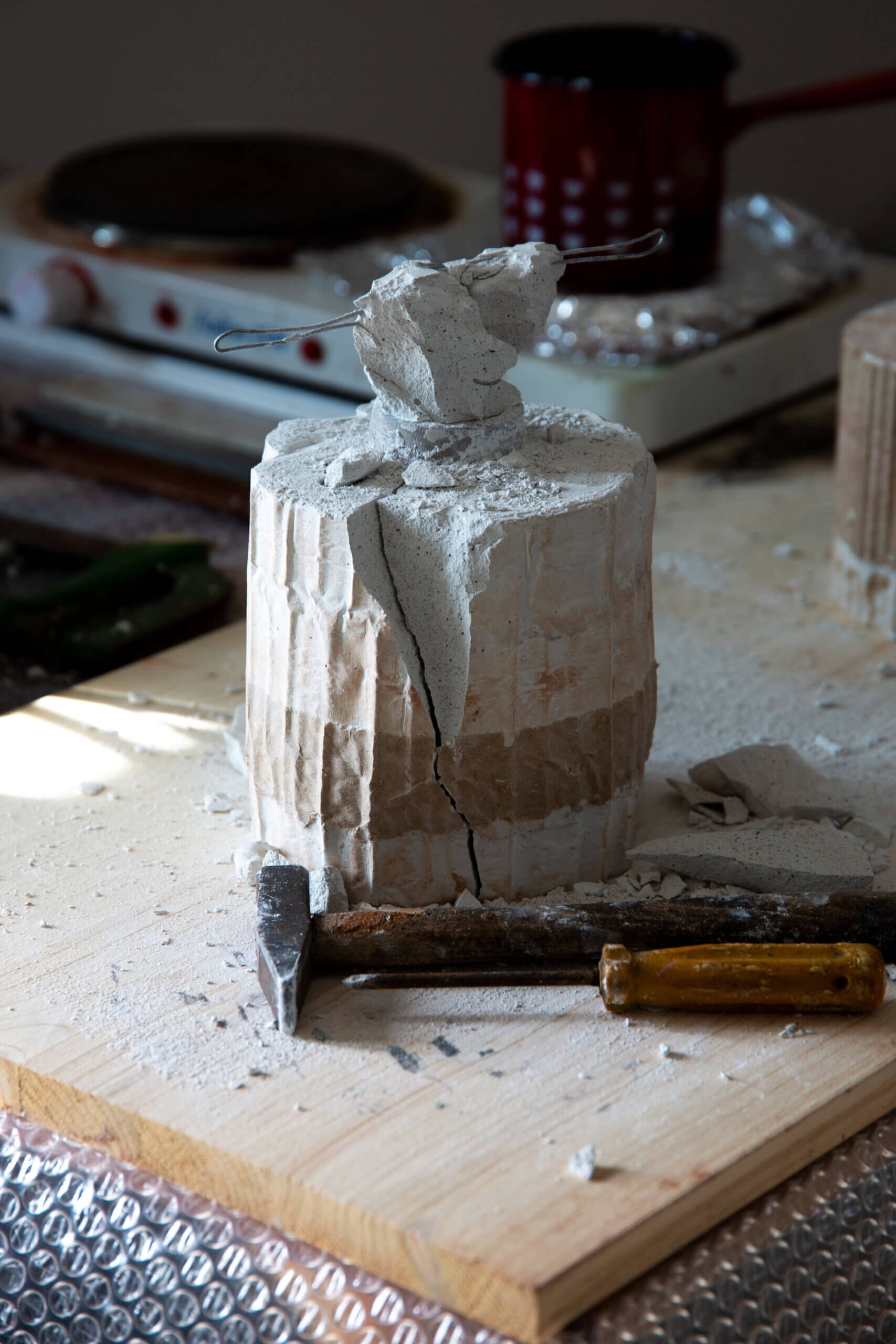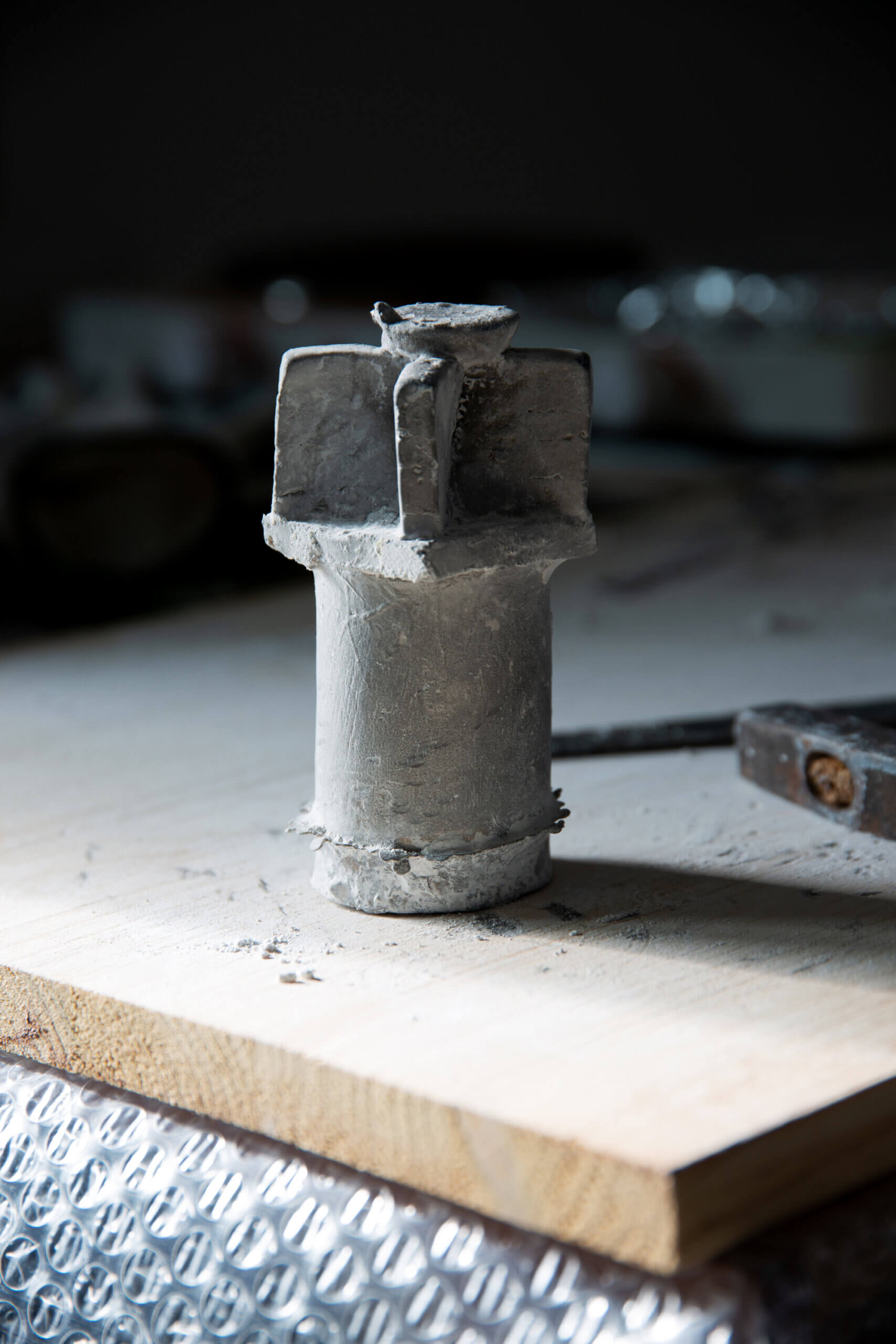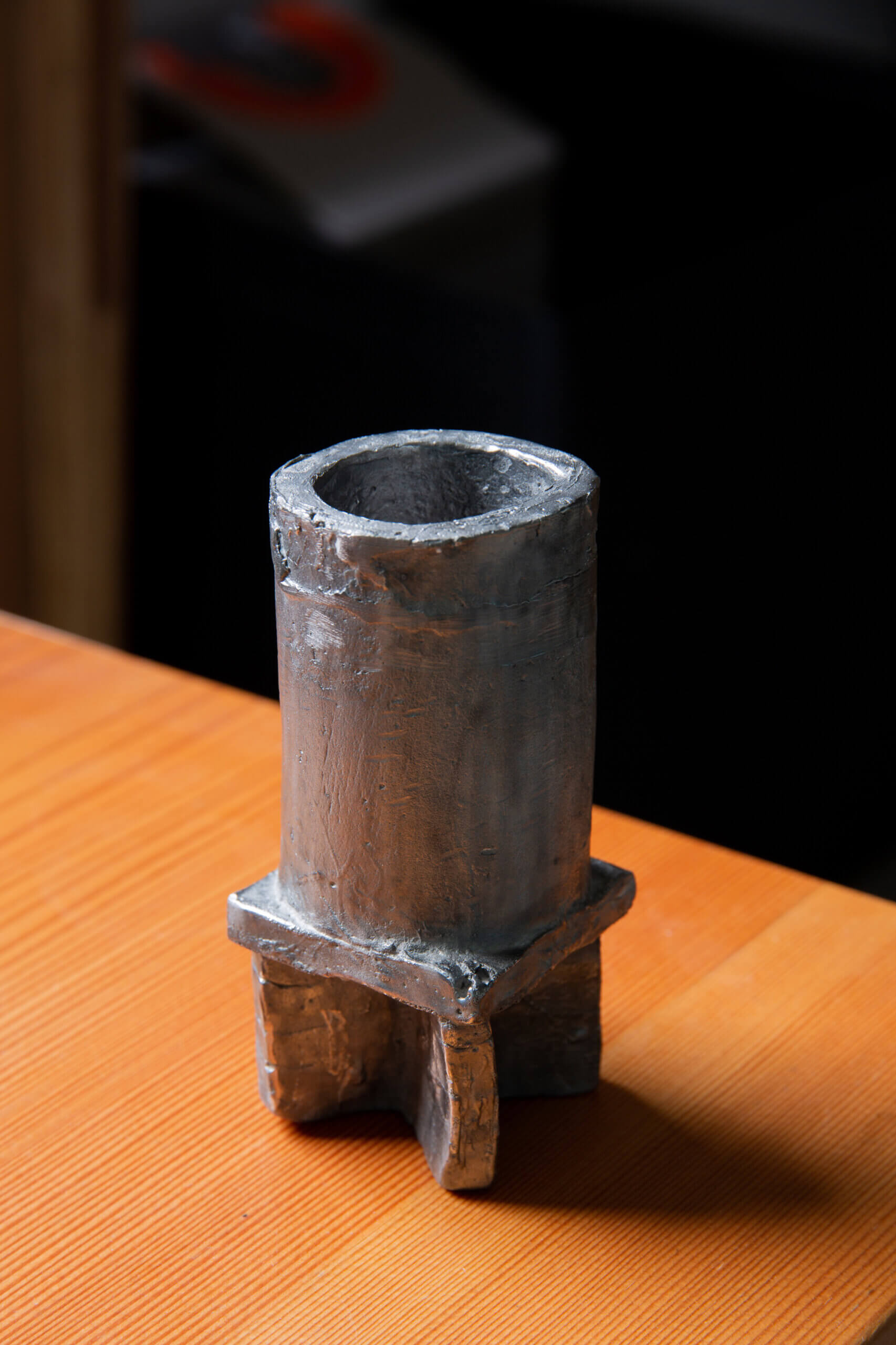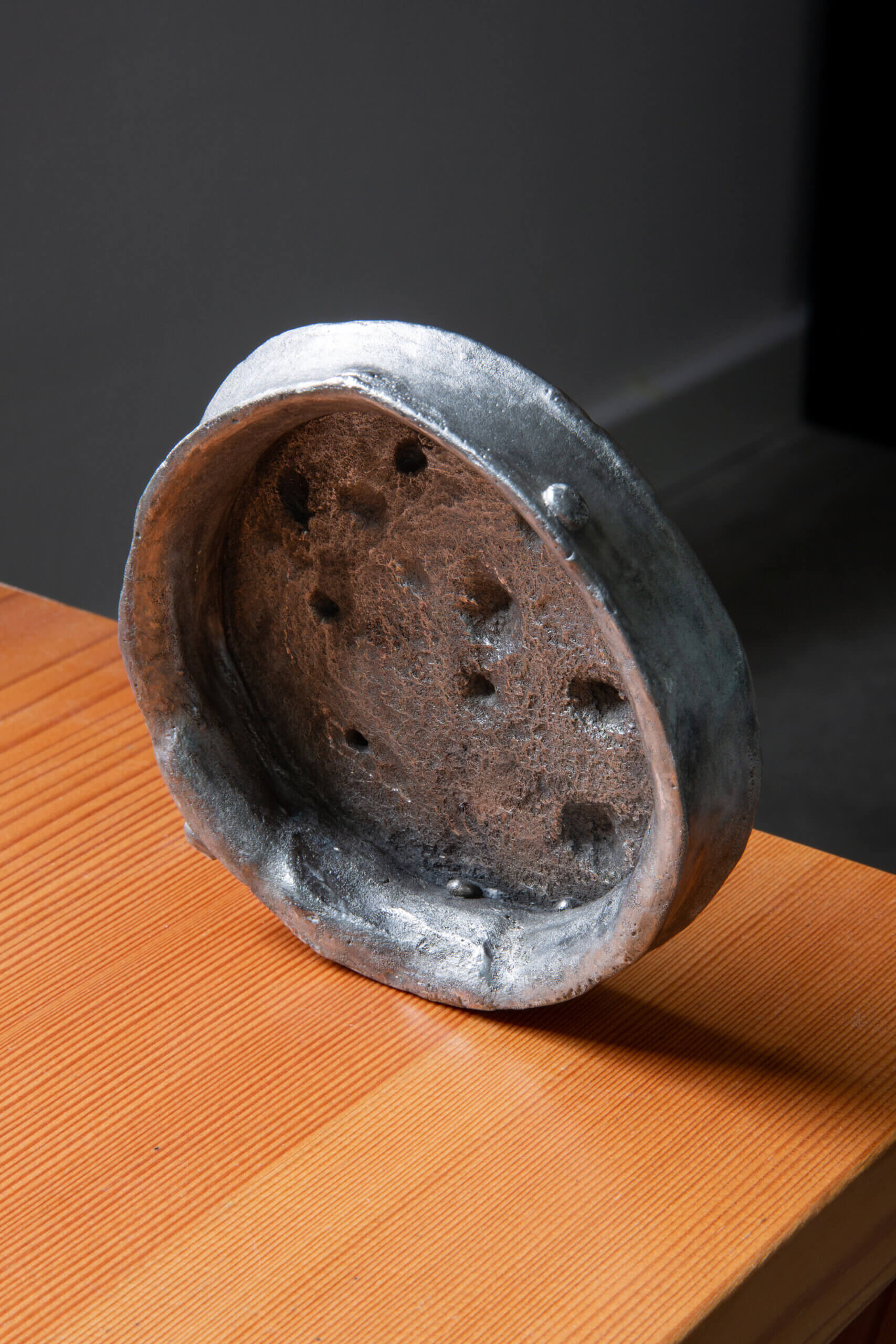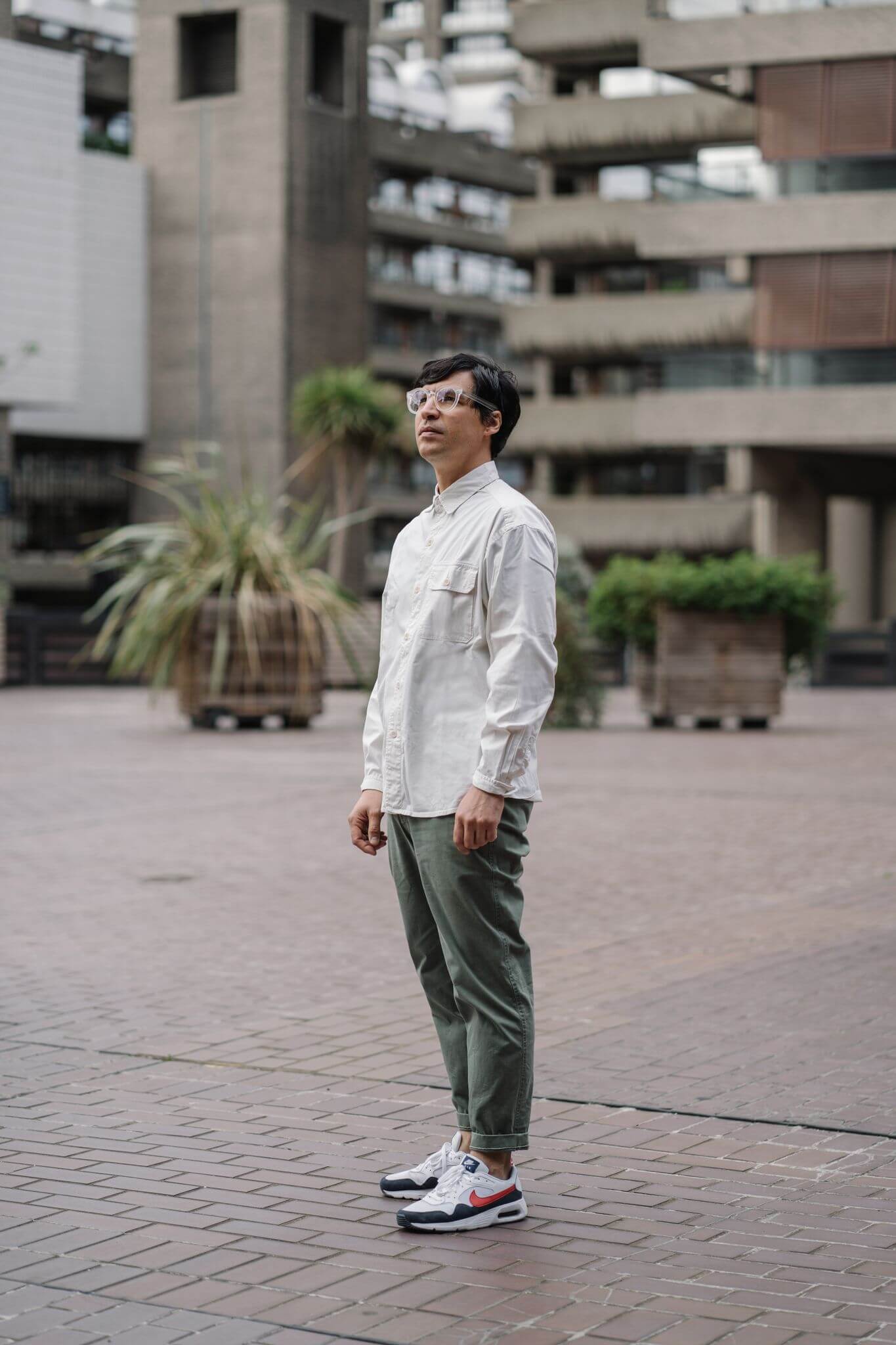
Marco Campardo Studio
90 Haymerle Road (Studio 14G)
SE156SB Peckham – London
United KingdomInstagram
For studio enquiries, commissions, press or internships please write to studio@marcocampardo.com
Marco Campardo is a London-based designer focusing on production, research and teaching. He has a particular interest in making and material experimentation as a form of critical practice, using it to explore wider narratives about culture, materiality, identity and authenticity.
MMMarco’s work starts with hands-on experimentation and research to question the nature of contemporary models of production. With a keen interest in materiality, his research seeks to subvert or adapt industrial manufacturing processes to propose an alternative to standardised, mass production. The final result of this process is aesthetically and conceptually refined objects, whose final form is determined by the very process of making. Playing with high-end and lo-fi methods and materials, Marco’s projects can be seen as a commentary on the value of making and craftsmanship.
Awards
Winner Ralph Saltzman Prize 2023, the Design Museum
Winner Wallpaper* Design Awards 2020
Solo exhibitions
Ralph Saltzman Prize 2023, the Design Museum, London, 2023
Jello, curated by simple flair, hosted by riviera, Fuorisalone, Milan, 2022
Group exhibitions
Doppiafirma, Fondazione Cologni dei Mestieri d’Arte, Fuorisalone, Milan 2024
The Farm Shop, Fels Gallery, Fuorisalone, Milan 2024
Perfectly Imperfect – Flaws, Blemishes and Defects, Gewerbe Museum, Winterthur 2023
The Farm Shop, Fels Gallery, London Design Festival, London 2023
Teatro Albers, AMO and Josef and Anni Albers Foundation, Fuorisalone, Milan 2023
Raw Senses, OKRO Gallery, Zurich Design Weeks, Zurich, 2022
In the Direction of Colour, Fels Gallery, London 2022
Slanted/Enchanted, ESP Gallery, Toronto, 2022
Future Heritage, Decorex, London, 2021
Joy, Seeds Gallery, London, 2021
Where Things Land Down, Fels Gallery, London 2021
Beirut Re—Store, Beirut, 2020
Art Making, Seeds Gallery, London, 2020
Under/Over, Marta LA Gallery, Los Angeles, 2020
Lectures and talks
Salvage: How can we build from existing things?, talk, Stockholm Furniture Fair, 2024
The Ralph Saltzman Prize 2023: Edward Barber in conversation with Marco Campardo, talk, the Design Museum, 2023
Augmented Autarky symposium, lecture, House of Today (HoT) and American University of Beirut, Beirut, 2023
Design Perspectives talk, MA Material Futures, London, 2021
Selected clients
Axel Arigato, AMO, Josef & Anni Albers Foundation, COS, Fondazione Cologni, Kelly Wearstler, Grymsdyke Farm, Selfridges, Wandler, HEM, Vero International, Centro Pecci, MACRO Museum, Michelangelo Foundation, Tate Modern.
Selected press
New York Times
Financial Times
Wallpaper Magazine
Architectural Digest
Interior Design
The world of interiors
Surface Magazine
Dezeen
Domus magazine
Sight Unseen
Living Corriere
Monocle
Design Milk
Credits
Web developer: Andrea Serrani
Typeface: Alpha Regular by Omnitype
